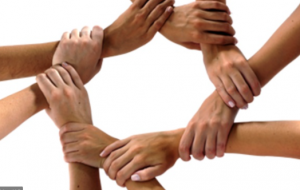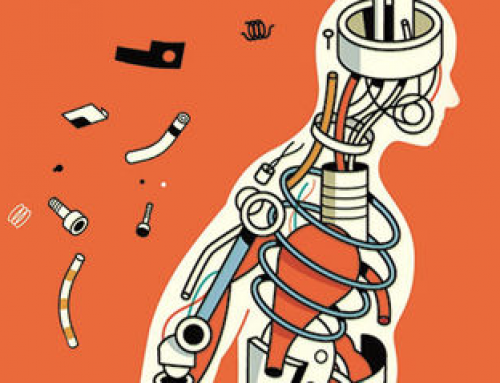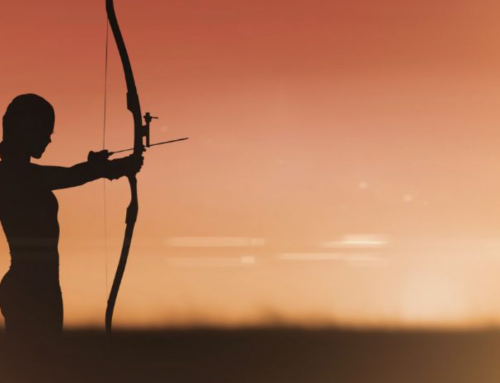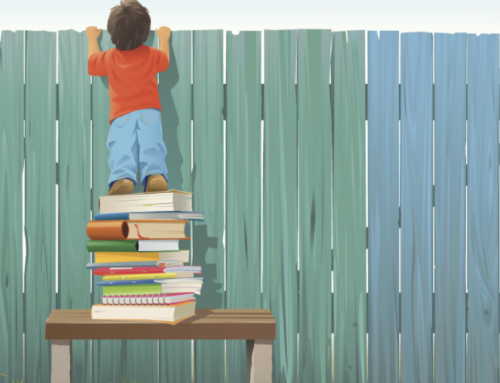 In last month’s blog we talked about our shared learning experience, with Etienne and Bev Wegner-Trayner based around their latest book, ‘Learning to Make a Difference’.
In last month’s blog we talked about our shared learning experience, with Etienne and Bev Wegner-Trayner based around their latest book, ‘Learning to Make a Difference’.
We described the three key dimensions of participation that generate a social learning space; caring to make a difference, engaging uncertainty and paying attention. In the next three blogs we want to explore each one of these in a little more detail and relate them to our own observations and experiences of social learning in action.
Let’s dig a little further into caring to make a difference.
Some people will be quite clear and explicit about the difference they are hoping to see while others may simply have an intuitive aspiration or general notion of what they want to do. This can evolve along with their participation. Perhaps the key word here is ‘caring’. Participation in the learning space is conditional on the desire to enhance our ability to affect our world in a way we care about. It is the need to get better that drives engagement as opposed to mandated or perfunctory attendance.
The difference we each seek to make does not need to be the same in order to participate in a social learning space. For the last 4 years, Lab has been working with groups of rural professionals in New Zealand and Australia to help them, in turn, create social learning opportunities for farmers. They range from soil and environmental scientists, veterinarians and other technical specialists, to rural bankers and accountants. He has been struck by the level of passion – for agriculture itself and for helping farmers succeed at farming in what is an increasingly complex environment. Although they share a common aim, the practical differences they each look to make are extremely varied. One might be focused on environmental sustainability, another financial sustainability, and yet another on animal health and welfare. Whatever it is, they all care about what they do. Their common interest in agriculture might be what connects them however, what brings them together in a learning context is the desire to get better at making their contribution. So long as this aspiration is satisfied they develop learning partnerships with others.
Other groups will create a social learning space to uncover the difference (or set of differences) they wish to make together and then to learn how to make it happen. We have both worked with several groups and organisations to help them do this. Some have gone the whole way, developed a shared vision of their future together, then continued on to make it happen.
Whatever form it takes, the important thing is that the ‘space’, and the learning, belong to the participants and only exist because each of them care.
What is it that you care deeply about and who could you learn with to gain the capability to make a difference?
Keep caring
The Bats Team






Leave A Comment